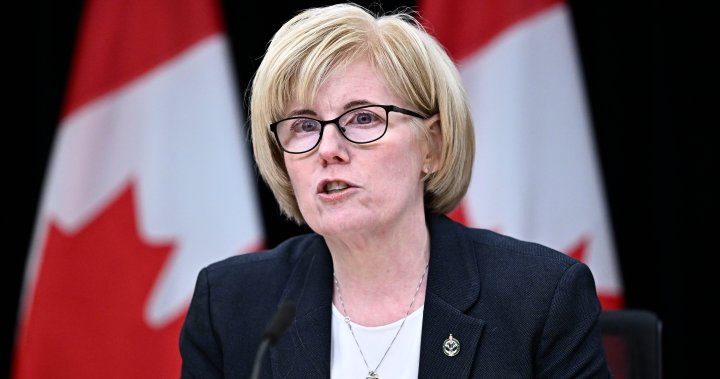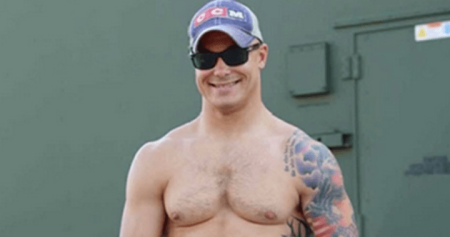Paragraph 1: A Year of Reckoning and Slow Progress:
The year 2024 marked a critical juncture for Canadian sport, a period of reckoning following the explosive revelations of athlete abuse in the preceding years. While significant steps were taken to address the deeply ingrained issues of maltreatment, the overall progress remained frustratingly slow and uneven. The establishment of a national commission to conduct cross-country consultations, the launch of an online registry for sanctioned individuals, and the announcement of a revamped complaint handling process signaled a shift towards greater accountability. However, experts and athletes alike cautioned that these measures were merely initial steps on a long and arduous journey towards genuine cultural transformation within the Canadian sports landscape.
Paragraph 2: A Culture of Winning Over Wellbeing:
A central challenge in fostering safer sporting environments lies in dismantling the pervasive culture that prioritizes winning above all else, often at the expense of athlete wellbeing. Erin Willson, a former Olympian and advocate for athlete rights, emphasized the need for a fundamental shift in values. The current system, she argued, inadvertently perpetuates harmful behaviors by celebrating victory while neglecting the ethical treatment of athletes. This win-at-all-costs mentality creates a breeding ground for abuse, as coaches and administrators may feel pressured to push athletes beyond their limits, disregarding their physical and emotional safety. Until the focus shifts towards valuing respect, integrity, and athlete wellbeing, true progress in safe sport will remain elusive.
Paragraph 3: Gaps in Awareness and Implementation:
Despite the introduction of the Universal Code of Conduct to Prevent and Address Maltreatment in Sport (UCCMS), a significant gap in awareness persists. Many individuals involved in sport, from grassroots levels to national organizations, remain unaware of the code’s existence and its implications. This lack of awareness undermines the effectiveness of the code and hinders its potential to drive meaningful change. Furthermore, even when policies and procedures are in place, their implementation often falls short. A pervasive culture of silence and fear of reprisal discourages athletes from reporting abuse, perpetuating a cycle of harm.
Paragraph 4: Enabling Abuse and Surface-Level Change:
A critical impediment to progress in safe sport is the presence of individuals within the system who actively enable or turn a blind eye to abuse. Amelia Cline, a lawyer and former elite gymnast, highlights the detrimental impact of these individuals who, through their actions or inaction, perpetuate a culture of impunity. Their presence discourages athletes from coming forward and undermines the effectiveness of policies designed to protect them. The existing changes, Cline argues, are merely surface-level and have failed to penetrate the deep-seated issues that allow abuse to flourish. Until these individuals are held accountable, meaningful change will remain elusive.
Paragraph 5: Limited Scope of the Registry and the Future of Sport Commission:
While the launch of the online registry of sanctioned individuals represents a positive step, its current scope is limited to the national level, leaving a significant gap in addressing abuse at the grassroots level. Many incidents of maltreatment at local clubs and organizations go unreported and unaddressed, highlighting the need for a more comprehensive system of accountability. The Future of Sport in Canada Commission, tasked with developing recommendations for creating safer sporting environments, offers a glimmer of hope. However, the political will to implement these recommendations remains uncertain, particularly given the recent changes in the sports ministry leadership.
Paragraph 6: The Need for Political Will and Addressing Safe Sport Fatigue:
The frequent turnover in the sports ministry raises concerns about the long-term commitment to implementing meaningful change. Consistent leadership and sustained political will are crucial for driving the necessary reforms and ensuring their effective implementation. Furthermore, there is a growing sense of "safe sport fatigue" among some stakeholders, a weariness stemming from the seemingly endless cycle of revelations and promises of reform. It is essential to combat this fatigue and maintain momentum in the pursuit of safe sport. This requires fostering a culture of open dialogue, ensuring athlete voices are heard, and holding individuals accountable for their actions. Only through sustained effort and unwavering commitment can Canadian sport truly transform into a safe and inclusive environment for all.










